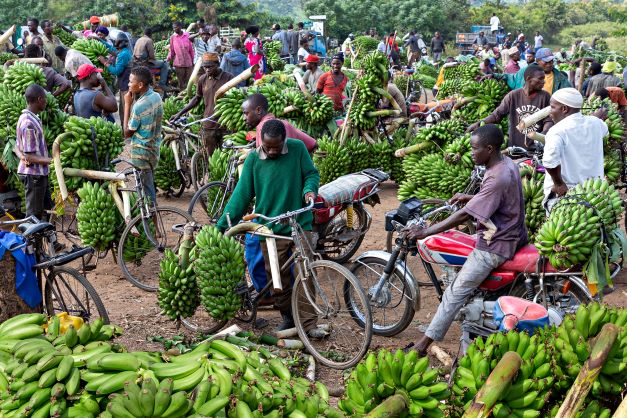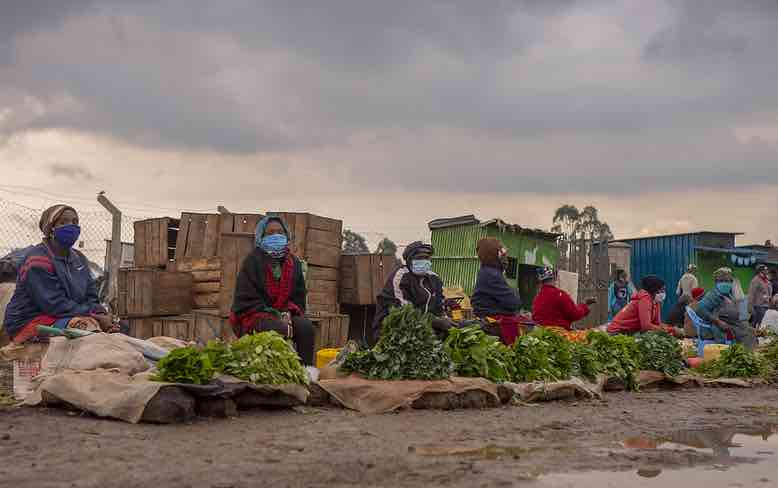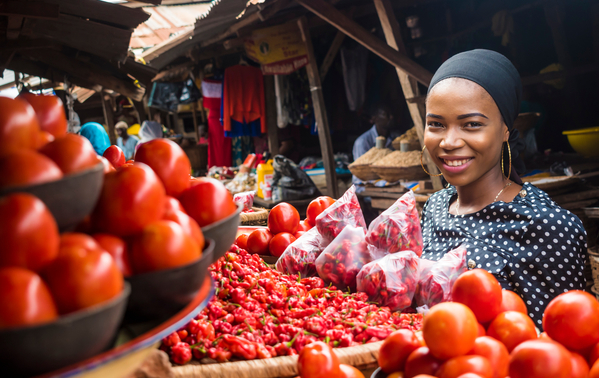This Policy Brief reveals that gender-based environmental and social external costs, including the gender wage gap, limited resource access for women, workplace harassment, and unequal land management practices, result in significant economic inefficiencies in Kenya’s agricultural sector.
Summary
Key takeaways: Gender-based environmental and social external costs create substantial economic inefficiencies in the agricultural sector. The gender wage gap contributes 12.8% to total external costs. Women’s limited access to resources leads to reduced productivity, with female farmers investing 36% less in inputs than their male counterparts. Workplace harassment, which disproportionately affects women, accounts for 10.8% of total external costs. Unequal land management practices (women managing smaller plots) and having restricted access to improved agricultural inputs create additional inefficiencies in resource allocation and production outcomes.
Citation
Baragu, Geoffrey; Boukaka, Sedi-Anne; and Benfica, Rui. 2024. Assessing the gender dimensions in the true costs of food production in Kenya. CGIAR Initiative on Nature-Postitive Solutions Policy Brief. Washington, DC: International Food Policy Research Institute. https://hdl.handle.net/10568/172444
This research was conducted as part of the CGIAR Initiative on Nature-Positive Solutions



